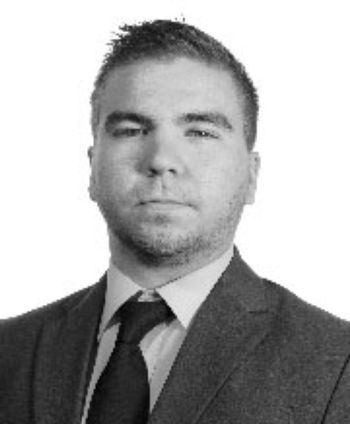Profs: Poor white males are the main obstacle to gun control
Arguing that public support for gun control is increasing, the authors say gun laws have not been strengthened because "a vocal and passionate minority of gun owners continues to feel emotionally and morally dependent on guns."
A recent study by two Baylor University professors claims that poor white males with emotional connections to gun ownership are the main impediment to stricter gun control laws.
Two Baylor University professors recently published a study claiming that gun control efforts are hampered primarily by poor white men who have an emotional connection to their guns.
According to Dr. Paul Froese, one of the authors of the study, the most important findings were that white men feel that losing their gun rights is an attack on their masculinity because, as the study claims, “guns provide moral purpose to white males who have lost, or fear losing, their economic footing.”
[RELATED: Anti-gun prof calls for shooting up NRA, ensuring 'no survivors']
“There is something specific about white men and those emotionally attached to their guns,” Froese told the Baylor Lariat. “They are the ones most likely to say it’s okay to use violence against the government. This can be seen as a patriotic, but they also believe that the government is a force of potential evil.”
Noting that gun laws have remained comparatively lax even as public support for gun control has increased, the study asserts that “the reason for this paradox is often attributed to the influence of gun lobbies, most notably the National Rifle Association, in American politics.”
Additionally, the study charges that gun shows are a popular gathering point for white people and the “events are often well-stocked with racist literature and paraphernalia.”
[RELATED: Prof regrets tweeting that GOP, NRA 'want mass shootings']
Previous research, the study notes, has focused on the arguments that “weakened or inept social institutions require individuals to accept personal responsibility for the protection of themselves and their communities,” and that “guns empower people to confront a tyrannical government.”
The authors suggest a third possibility, however, speculating that “guns provide moral purpose to white males who have lost, or fear losing, their economic footing.”
While religion and political conservatism tend to correlate with feeling of empowerment from gun ownership, they consider both measures unreliable, pointing out that “less religious white men in economic distress find comfort in guns as a means to reestablish a sense of individual power and moral certitude in the face of changing times.”
[RELATED: Harvard prof calls NRA a ‘domestic terrorist organization’]
“The times appear to be shifting away from the ideals of America’s gun culture. Fewer individuals hunt or live in rural areas in which they can hunt, more Americans support stricter gun control, and white males (the prototypical American gun owner) represent a decreasing proportion of the population,” the authors conclude.
“Still, gun laws have not been strengthened and gun narratives remain ubiquitous; we expect this is the case because a vocal and passionate minority of gun owners continues to feel emotionally and morally dependent on guns,” they continue, adding, “It is not just money from gun manufacturers shaping gun legislation; it is the cultural solidarity and commitment of a subgroup of Americans who root their identity, morality, and patriotism in gun ownership.”
Follow the author of this article on Twitter: @KylePerisic

